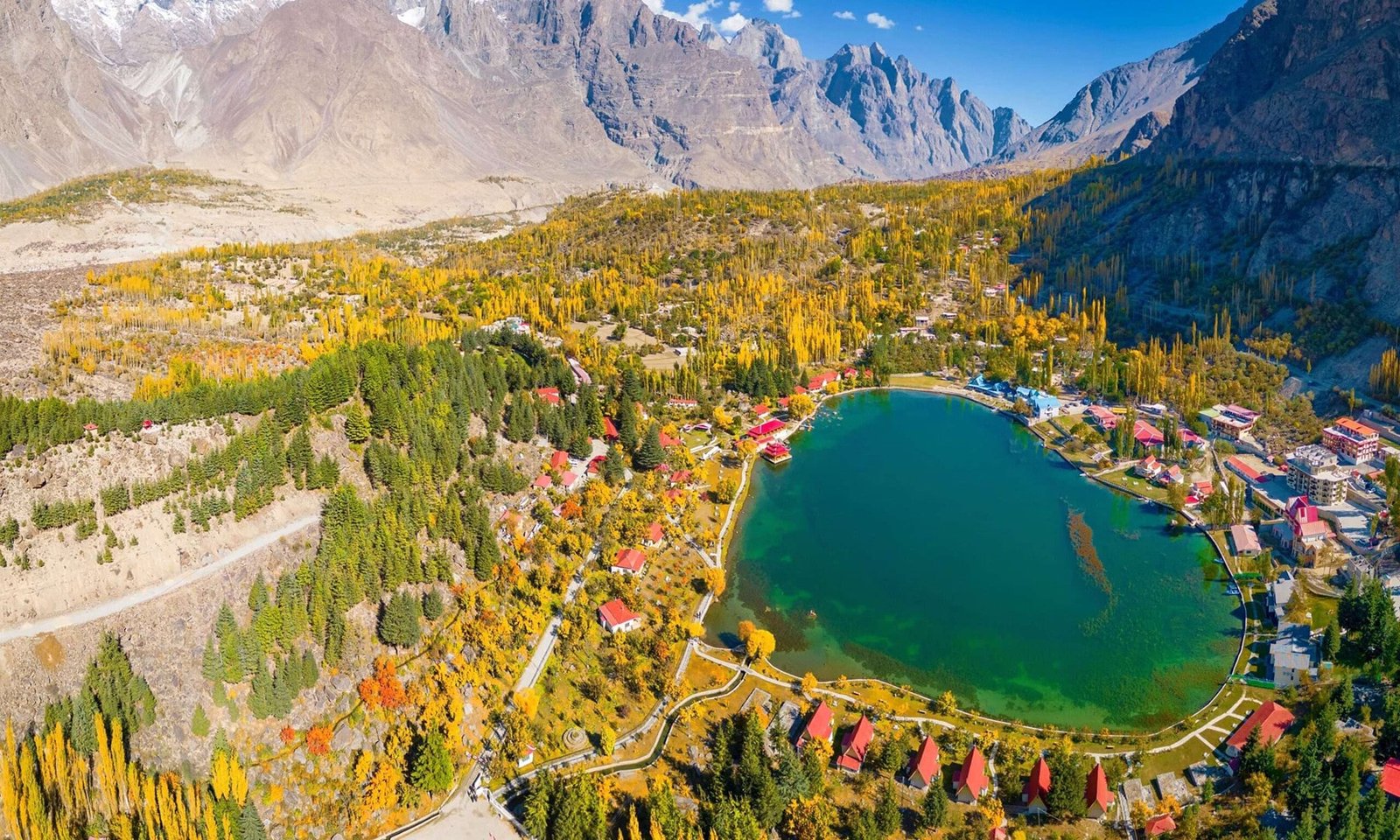Discover how sustainable tourism in Gilgit-Baltistan protects the environment, supports local communities, and offers eco-friendly travel experiences.
Introduction
Gilgit-Baltistan, nestled in the heart of the Himalayas, Karakoram, and Hindu Kush ranges, is Pakistan’s crown jewel for nature lovers, trekkers, and adventure seekers. But with increasing tourist traffic, there’s an urgent need to shift toward sustainable tourism practices that protect this fragile ecosystem while empowering local communities.
At Venus Trails, we are committed to promoting eco-friendly travel in Gilgit-Baltistan, ensuring that tourism benefits everyone — especially the land and its people.
What is Sustainable Tourism?
Sustainable tourism is about traveling in ways that minimize negative environmental impacts and maximize positive socio-economic benefits for local communities. In Gilgit-Baltistan, this means:
Reducing waste and pollution
Respecting local culture and traditions
Supporting local businesses
Conserving wildlife and natural habitats
Why Gilgit-Baltistan Needs Sustainable Tourism
- Environmental Sensitivity
Gilgit-Baltistan is home to some of the world’s highest peaks, including K2, Nanga Parbat, and the Hopper Glacier. These pristine environments are extremely sensitive to climate change, deforestation, and pollution. Unregulated tourism can lead to:
Waste accumulation on popular trekking routes
Depletion of natural resources like water and wood
Habitat disruption for rare wildlife like the snow leopard - Cultural Preservation
The region boasts a rich cultural heritage, from the ancient Balti and Shina traditions to centuries-old forts like Baltit Fort and Shigar Fort. Sustainable tourism helps preserve this heritage by:
Encouraging cultural exchange
Supporting local artisans
Promoting respectful tourism practices
Venus Trails’ Commitment to Sustainable Tourism
At Venus Trails, our tours in Gilgit-Baltistan are designed to be low-impact and community-focused. Here’s how we practice what we preach:
Eco-Conscious Travel Packages
Our eco-tourism packages limit group sizes and use local transport, reusable gear, and organic food options to reduce the carbon footprint.
Local Employment and Fair Wages
We employ local guides, porters, and drivers, ensuring fair wages and empowering the local economy.
Waste Management Protocols
All Venus Trails groups follow a strict “Leave No Trace” policy. We provide reusable water bottles, encourage eco-friendly hygiene products, and manage all waste responsibly.
Community-Based Tourism
We collaborate with community-run guesthouses in areas like Hunza, Skardu, and Ghizer, ensuring that tourism revenue stays within the region.
How You Can Travel Sustainably in Gilgit-Baltistan
Want to make your travel more meaningful? Follow these sustainable travel tips:
Book with eco-conscious tour operators like Venus Trails
Avoid single-use plastics and bring your own reusable bottles and bags
Respect local customs and dress modestly
Shop local — buy handicrafts and local food to support small businesses
Stay in locally owned lodges or eco-hotels
Offset your carbon footprint by supporting reforestation programs
Popular Eco-Friendly Destinations in Gilgit-Baltistan
Hunza Valley – Organic farming, community lodges, solar energy projects
Skardu – Lake-side camping, heritage conservation at Shigar and Khaplu
Fairy Meadows – Strict waste control and eco-camping
Ghizer Valley – Low-impact fishing and cultural homestays
Conclusion
Sustainable tourism in Gilgit-Baltistan is not just a trend — it’s a necessity. As responsible travelers, we must cherish the raw beauty of this region without harming its environment or culture. With partners like Venus Trails, your journey through the North can be both unforgettable and ethical.
Let’s travel with purpose, protect what we love, and leave a legacy of care and respect for generations to come.
Plan Your Sustainable Adventure Today
Ready to explore the magic of Gilgit-Baltistan the responsible way?
Contact Venus Trails now for eco-tourism packages and custom itineraries: www.venustrails.com

